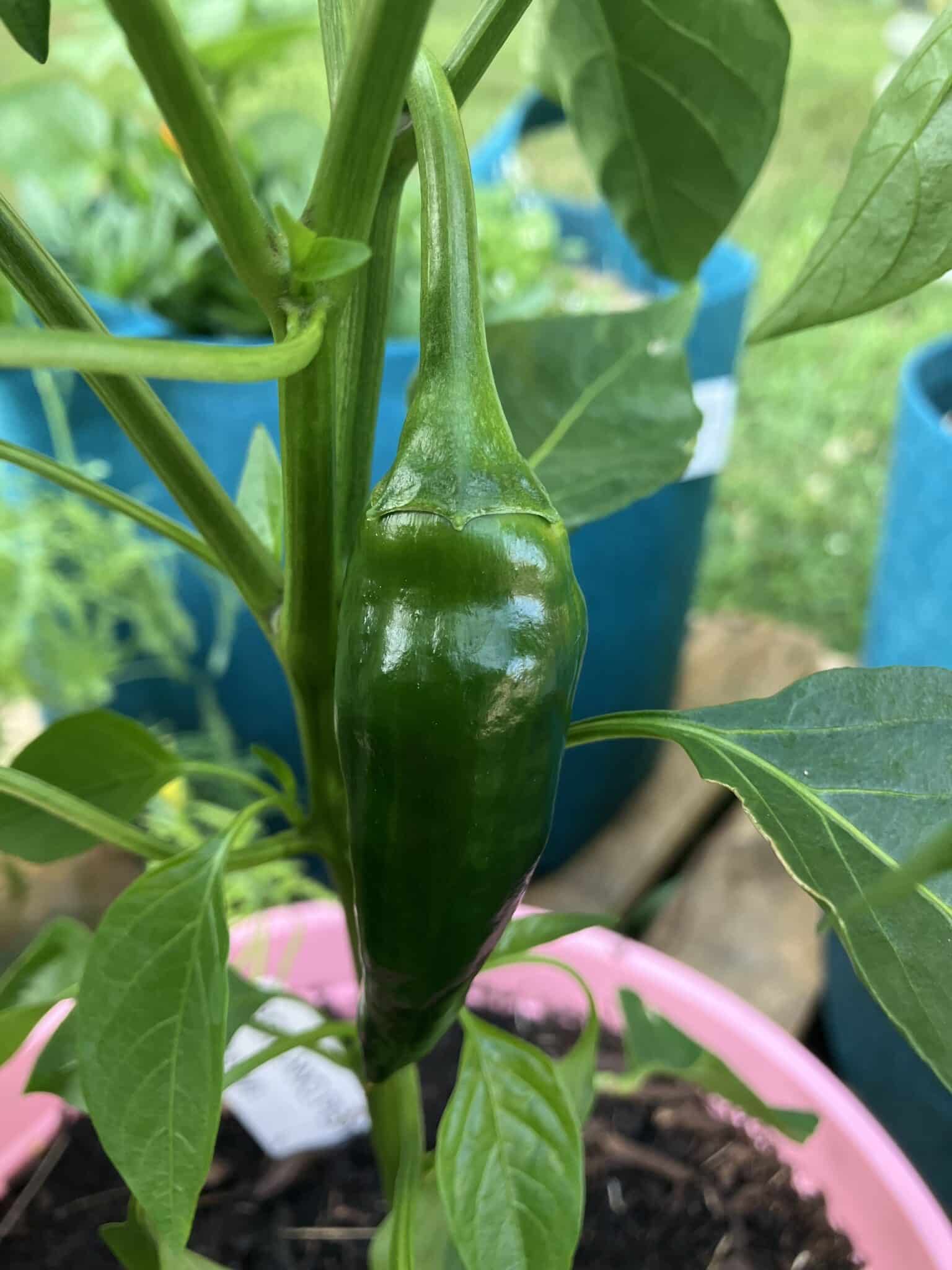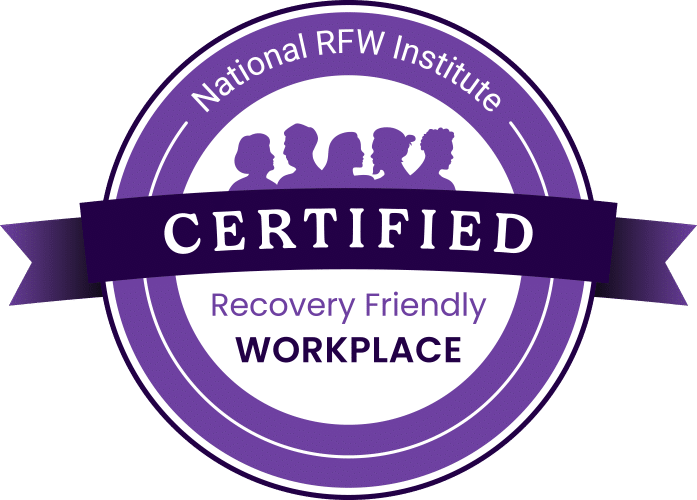At Eliot Community Human Services, healing is not only confined to therapy rooms or counseling sessions—it’s nurtured in garden beds, harvested with care, and shared around community tables. Across Eliot’s Adult Community Clinical Services (ACCS), Developmental Disabilities (DD/ABI), and community-based programs, therapeutic gardening has taken root as an innovative and impactful tool in promoting emotional wellness, social connection, and nutritional education.
What started as a grassroots effort led by North Shore dietitian Yuchen He has flourished into a cross-regional collaboration involving multiple community partners. These include Backyard Growers, Kinship Farms, Coast of Maine Soil, Lynn Grows, and Fresh Start Food Gardens. Together, these partners have helped Eliot staff and participants install accessible garden beds—some ground-dug, others raised for accessibility—across Metro North, North Shore, Lynn, Acton, and other regional programs.
A Holistic Approach to Mental Health and Recovery
Eliot’s Nutrition Services Manager, Malarie Yellis, describes the gardening initiative as a natural extension of Eliot’s integrated care model. “There are so many different aspects of it that are helpful for our clients,” she shares. “Being outside, putting your hands in the soil, socializing—it all contributes to well-being. Even when the crops are minimal, clients still come every week. It becomes a meaningful part of their routine and recovery.”
These spaces do more than grow food—they grow connection. Residents and staff across programs like Pine Tree, Bennett Street, the Cottages, and 55 Plus Homes gather for planting days, harvesting events, and community meals that bring their hard work to life. From lettuce and herbs to edible flowers, clients are exposed to new foods and empowered to take part in food preparation and nutrition education.
Powered by Partnership and Generosity
The expansion of these gardens wouldn’t be possible without Eliot’s network of generous community partners. Fresh Start Food Gardens provided on-site support for the Pine Tree program in Acton, engaging clients directly as they planted raised beds and grow bags. Sow Right Seeds also provided a large seed donation that jumpstarted participation across programs earlier this spring.
Importantly, these gardens are designed with inclusion in mind. Partners like Kinship Farms were able to tailor bed height and layout for programs supporting individuals with accessibility needs, building raised beds up to 24 inches high to support participation by individuals who use wheelchairs or require modified access.
From Seedling to Data-Driven Impact
As the program grows, so does the vision. Eliot staff are now exploring ways to track outcomes over time. Surveys like the Eating Attitudes Test may be used to assess changes in clients’ relationships with food, while vitals like blood pressure could help evaluate broader health benefits. “Eventually,” Yellis notes, “we’d love to collect and analyze data to demonstrate how therapeutic gardening can reduce stress, build healthier habits, and improve overall well-being.”
In addition to quantitative data, the initiative continues to collect stories—stories of discovery, of Swiss chard mistaken for a shrub, of laughter around meals made with herbs grown just outside the front door, and of the sense of calm that comes from being outdoors, working together, and nurturing the growth of life.
A Living Symbol of Eliot’s Vital Mission
As summer unfolds, so do the possibilities for this initiative. With workshops, harvest parties, and even community bucket garden events on the horizon, the garden beds stand as more than just plots of soil. They are living symbols of Eliot’s commitment to person-centered care, integration, and dignity.
In a world where healing often feels abstract, Eliot’s therapeutic gardens offer something tangible: growth you can touch, nourishment you can taste, and community you can feel between your fingers.


